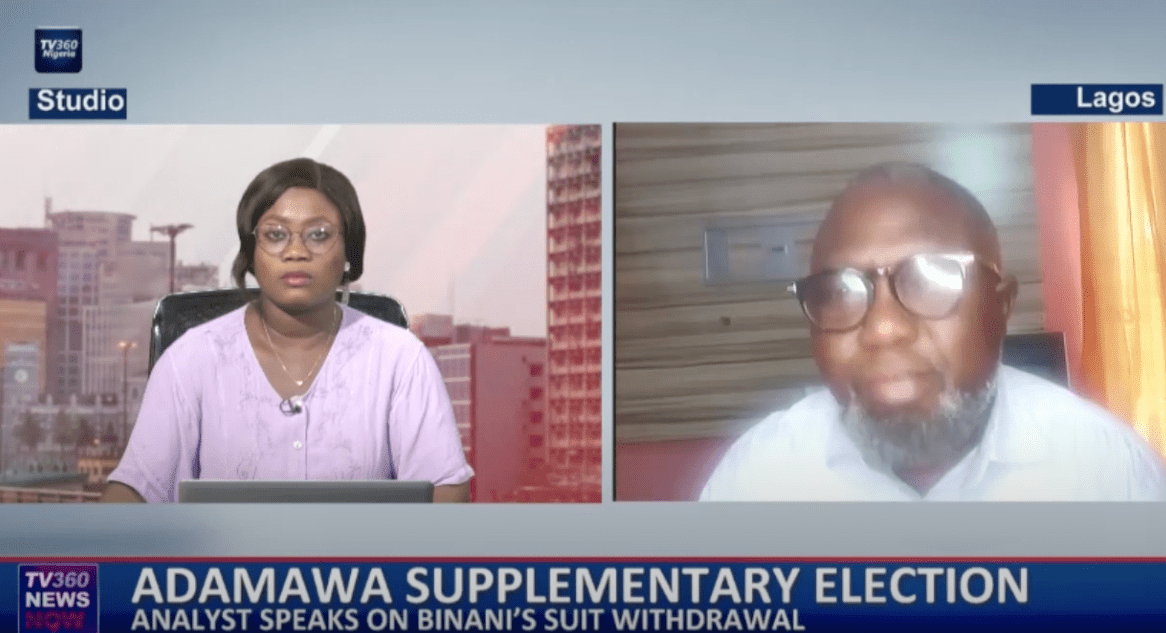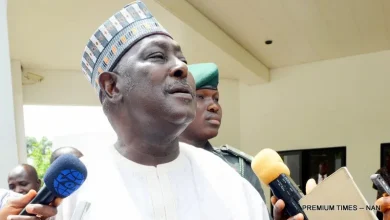Ailing South Sudan President Salva Kiir Prepares Volatile Succession

South Sudanese President Salva Kiir, long the face of Africa’s youngest nation, is quietly orchestrating a contentious transfer of power amid growing speculation over his deteriorating health and increasing political volatility at home.
After spending more than 10 days in the United Arab Emirates, Kiir returned to Juba on Wednesday. Official state media framed the visit as part of an “economic diplomacy” effort, though multiple sources indicate that the trip was largely for medical evaluations, renewing questions over the 72-year-old leader’s ability to govern.
Behind the scenes, observers say Kiir is accelerating plans to secure his political legacy by installing Benjamin Bol Mel, a powerful businessman and longtime ally, as his chosen successor.
Bol Mel’s rise is already stirring unease. Once dubbed “South Sudan’s richest man,” he gained prominence as a construction tycoon and is widely believed to manage the Kiir family’s finances.
In 2017, the U.S. Treasury Department sanctioned Bol Mel for corruption and alleged misuse of public funds. His ascent to power would likely deepen concerns over transparency and accountability in a country still reeling from years of civil war and underdevelopment.
“The succession plan is seen as deeply polarizing and potentially destabilizing,” said a regional analyst with the International Crisis Group. “Bol Mel is not a unifying figure, and many in the political establishment see him as a proxy for Kiir’s personal interests.”
Since independence in 2011, South Sudan has endured chronic instability, culminating in a brutal five-year civil war between Kiir and his former deputy-turned-rival Riek Machar, which killed over 400,000 people and displaced millions. While a fragile peace deal has held since 2018, recent developments suggest the country may be drifting toward another flashpoint.
In March, Kiir placed Machar under house arrest in what critics call a preemptive strike against opposition. Several of Machar’s allies have reportedly been detained without charge, while government forces have launched attacks on bases aligned with Machar’s faction and other Nuer communities.
According to the United Nations, at least 700 people were killed between January and March 2025 in violence attributed to political rivalries and ethnically motivated clashes.
Kiir’s moves to consolidate power have sparked fresh concern among the international community, especially as elections slated for December 2024 remain in limbo amid mounting delays and logistical hurdles.
With the country’s political future in flux, analysts warn that Kiir’s apparent succession strategy if pursued without national consensus could plunge South Sudan back into large-scale conflict, just as it begins to rebuild from years of devastation.





